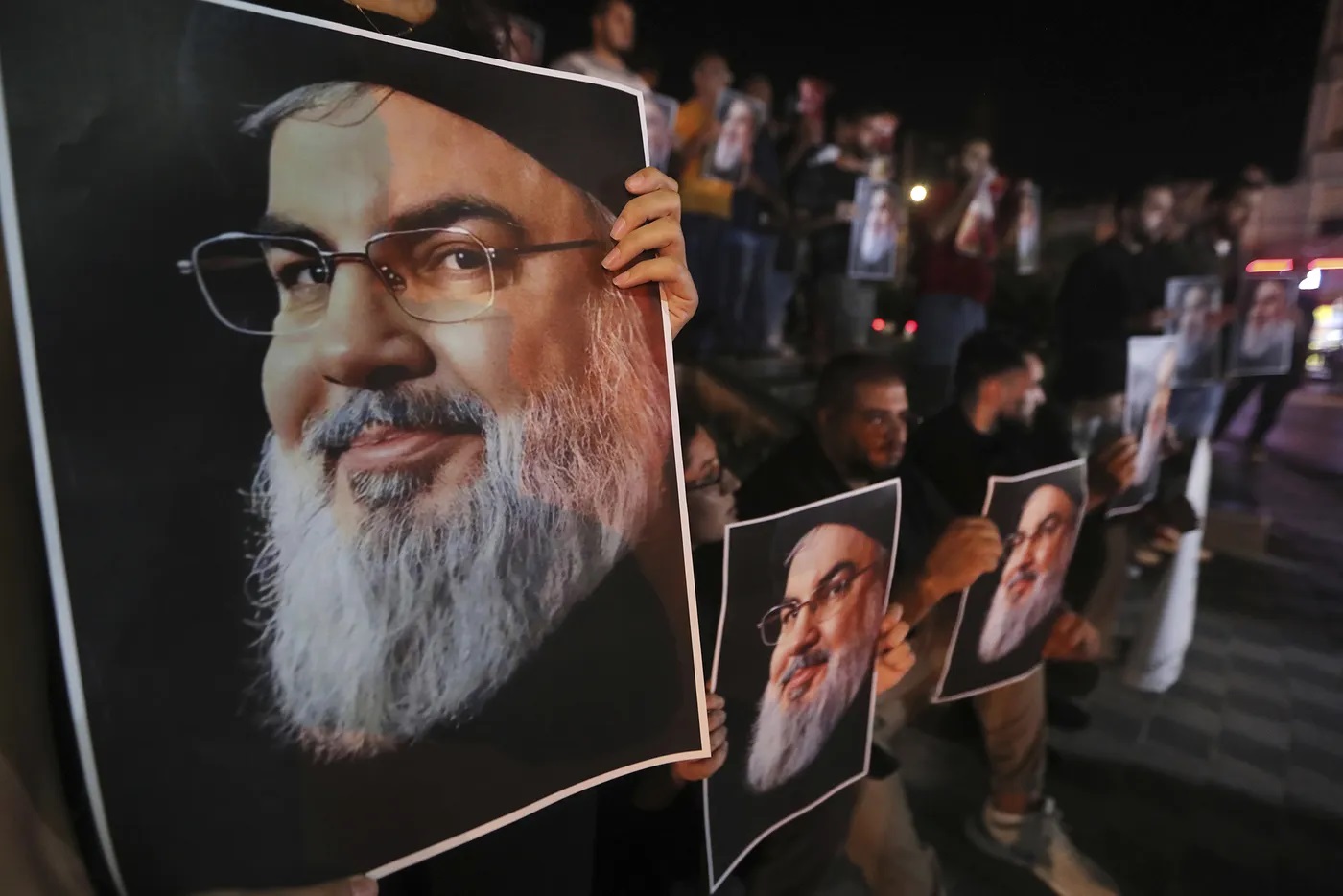According to numerous reports, the assassination of Hezbollah leader Hassan Nasrallah in airstrikes on Friday has shifted the focus to Hashem Safieddine, who is widely considered to be his potential successor.
A strike on Nasrallah’s underground headquarters in a Beirut suburb resulted in his death, which was one of the most significant blows to Hezbollah in decades. Nasrallah had guided the Iran-backed militant group for 32 years.
Who is Hashem Safieddine?
Safieddine, Nasrallah’s cousin, oversees Hezbollah’s political affairs as the head of the executive council and is a member of the Jihad Council, which is responsible for military operations.
The Times Of Israel reports that he has been preparing for leadership since the 1990s and is acknowledged for his religious status, as he wears the black turban that denotes his descent from the Prophet Mohammed of Islam. The newspaper stated that Safieddine, who was designated a terrorist by the United States in 2017, has garnered attention for his aggressive rhetoric against Israel.
He cautioned, “Let [the enemy] prepare himself to cry and wail,” in response to the assassination of another commander earlier this year. He frequently underscores Hezbollah’s support for the Palestinian cause in his public statements. At a recent event, he demonstrated his solidarity with Palestinian fighters by declaring, “Our history, our guns, and our rockets are with you.”
Although initial reports indicated that Safieddine may have been killed in the airstrikes, Hezbollah sources subsequently verified his survival. His strong family connections and physical resemblance to Nasrallah could potentially increase his likelihood of becoming the new leader.
Hezbollah is currently facing a difficult situation, as several of its top commanders, including founding members who had evaded death or detention for decades, have been killed in Israeli strikes. The report of this succession is timely. Fears that the conflict could spiral out of control have been exacerbated by Israel’s escalating bombardment, which has the potential to involve Iran and the United States, Israel’s closest ally.
The latest round of warfare between Hezbollah and Israel, which has been waged in parallel with Israel’s war in Gaza against Hamas since the Iran-backed Palestinian group attacked Israel last year in October, is the latest in four decades of on-off conflict.
